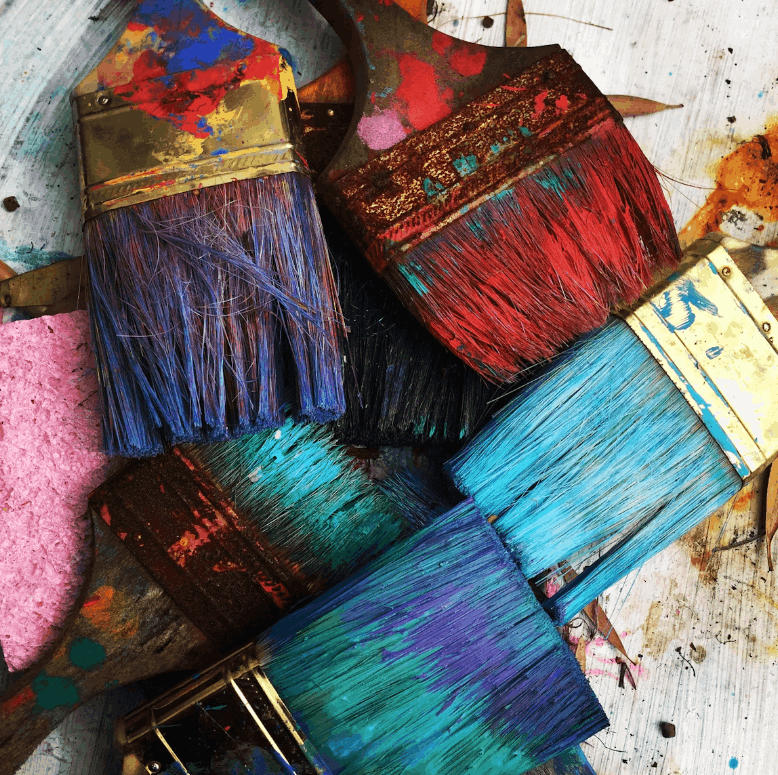“The Renaissance of Indigenous Art in Canada”
Introduction
Indigenous art in Canada is experiencing a profound
renaissance, capturing the attention of both national and
international audiences. This resurgence is not just
revitalizing traditional forms but is also integrating them
with contemporary media to communicate powerful stories and
preserve cultural heritage. This article delves into how
Indigenous artists across Canada are using their art to assert
their identity and address historical injustices, while also
exploring the unique challenges they face in the art world.
Traditional Meets Modern
Today's Indigenous artists are adeptly blending ancient
techniques with modern art forms to create innovative and
compelling works. From the lush, vibrant tapestries of the
Northwest to the intricate beadwork and pottery of the Plains,
these artists are breathing new life into the methods passed
down through generations. By incorporating elements such as
digital media, photography, and installation art, they are
expanding the narrative capabilities of their traditional
arts, making ancient stories and traditions accessible and
relevant to a contemporary audience.
Voices of Resurgence
Central to the renaissance of Indigenous art is the artists'
ability to convey powerful messages about sovereignty,
resilience, and reconciliation. Interviews with leading
figures like Christi Belcourt, a Métis artist known for her
intricate floral patterns that speak to the interconnectedness
of all life, and Kent Monkman, a Cree artist whose paintings
and installations critically examine Canada’s colonial
history, underscore the role of art in cultural preservation
and critique. These artists are not only preserving their
culture but are also actively reshaping the discourse around
Indigenous peoples in Canada.
Challenges and Pathways Forward
Despite their growing recognition, Indigenous artists still
face significant barriers, including limited access to major
galleries and mainstream art markets, which often prioritize
Western art narratives. Additionally, there is a need for
greater support in terms of funding and resources that respect
and understand the unique needs of Indigenous art practices.
The article discusses initiatives like the Indigenous Arts
Collective of Canada, which supports Indigenous artists by
providing platforms for promotion and sales, advocating for
equitable treatment in the art community, and ensuring that
Indigenous voices lead discussions about their own cultural
expressions.
